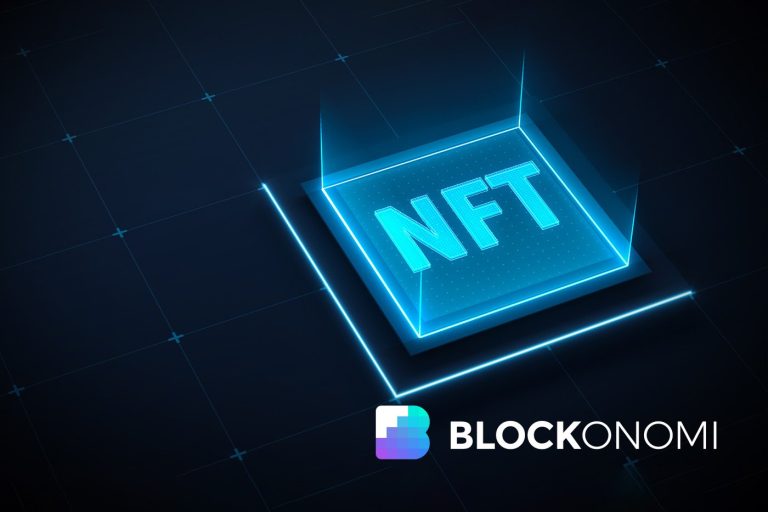
Navigating the Future: Emerging Trends in Fintech Technology
Fintech, or financial technology, is a rapidly growing industry that is changing the way we think about money and finance. Fintech is the use of technology to improve and automate financial services, and it has the potential to disrupt traditional financial systems and create new opportunities for businesses and individuals. In this article, we will explore some of the emerging trends in fintech technology and what they mean for the future of finance.
Section 1: Introduction to Fintech

Fintech is a broad term that encompasses a wide range of financial technologies, including digital payments, crowdfunding, blockchain, and artificial intelligence. These technologies are being used to create new financial products and services, such as mobile wallets, peer-to-peer lending platforms, and robo-advisors. Fintech is also being used to improve existing financial systems, such as by increasing the speed and security of transactions.
Section 2: Emerging Trends in Fintech

There are several emerging trends in fintech that are worth noting. One of the most significant trends is the use of artificial intelligence (AI) in finance. AI is being used to improve the accuracy and speed of financial transactions, as well as to provide personalized financial recommendations to consumers. Another trend is the use of blockchain technology, which is a secure and transparent way to record financial transactions. Blockchain is being used to create new types of financial instruments, such as cryptocurrencies and tokenized assets.
Other emerging trends in fintech include the use of digital payments, crowdfunding, and robo-advisors. Digital payments are becoming increasingly popular, with many consumers using mobile wallets and contactless payment systems to make transactions. Crowdfunding is also becoming more popular, with many startups and small businesses using platforms like Kickstarter and Indiegogo to raise funds. Robo-advisors are automated investment platforms that use AI to provide personalized investment recommendations to consumers.
Section 3: The Future of Fintech

The future of fintech is exciting and uncertain. As technology continues to evolve, we can expect to see new and innovative financial products and services emerge. One of the most significant trends in the future of fintech is the use of decentralized finance (DeFi) platforms. DeFi platforms are blockchain-based systems that allow consumers to lend, borrow, and trade financial assets without the need for intermediaries.
Another trend in the future of fintech is the use of quantum computing. Quantum computing is a type of computing that uses quantum-mechanical phenomena to perform calculations. Quantum computing has the potential to revolutionize the field of finance, by allowing for faster and more secure transactions.
Section 4: Challenges and Opportunities in Fintech

Despite the many opportunities in fintech, there are also several challenges that need to be addressed. One of the biggest challenges is regulatory uncertainty. Fintech is a rapidly evolving industry, and regulators are struggling to keep up with the pace of change. This can create uncertainty and risk for businesses and consumers.
Another challenge in fintech is cybersecurity. As more financial transactions are conducted online, the risk of cyber attacks and data breaches increases. This can be a major concern for consumers, who need to be confident that their financial information is secure.
Section 5: Conclusion

In conclusion, the future of fintech is exciting and uncertain. As technology continues to evolve, we can expect to see new and innovative financial products and services emerge. However, there are also several challenges that need to be addressed, including regulatory uncertainty and cybersecurity risks. By understanding these trends and challenges, businesses and consumers can navigate the future of fintech and take advantage of the many opportunities that it offers.






